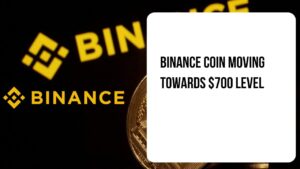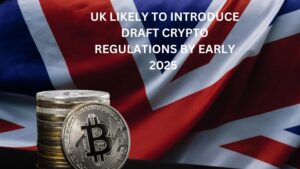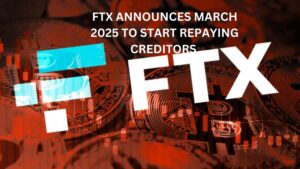Table of Contents
Bitcoin News: 20th October 2021
- Facebook’s novi crypto wallet set for pilot launch with coinbase and paxos.
- Crypto Learns to Play the DC Influence Game.
- A wave of politicians joining the crypto market.
- Do central banks have reason to be afraid of Bitcoin or ‘cryptoization’.Fear was claimed to be present in some well-known banks.
- Jack Dorsey Tweets ‘705742’ and Sets Crypto Twitter Abuzz
- Russian officials consider proposal to mine Bitcoin with associated gas
- UK FCA goes to YouTube and TikTok to warn young investors about cryptocurrencies
- SUN.io Officially Acquires JustSwap to Create The Largest Decentralized Exchange In The TRON Ecosystem
Facebook’s novi crypto wallet set for pilot launch with coinbase and paxos
Novi, Facebook’s crypto and digital asset wallet division, has announced partnerships with Coinbase, a renowned U.S. crypto exchange, and Paxos, the financial institution and technology firm behind the Paxos Dollar stablecoin. The three companies will work together to create a pilot programme for their integrated services as part of this agreement.
Novi users will be able to obtain Pax Dollar ($USDP) through their Novi accounts as part of the pilot programme. Novi will hold user-acquired USDP purchases through Coinbase’s corporate custodial service. Novi users can now transfer USDP between their accounts at near-instantaneous transaction speeds. Coinbase presently manages approximately $180 billion in crypto and digital assets, including institutional and enterprise-level services.
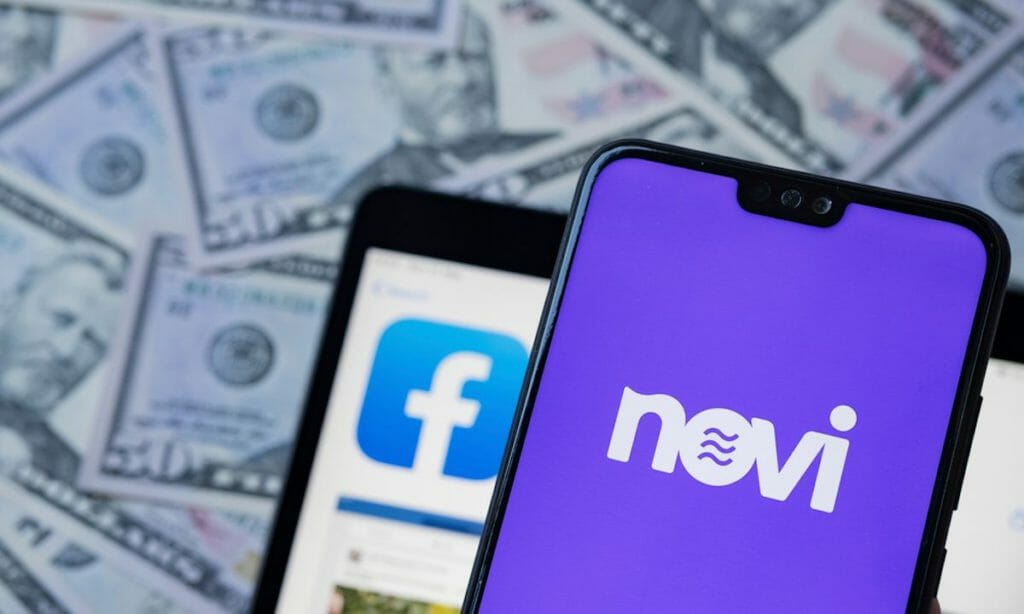
Coinbase stated “We believe that in the future, every company will be a crypto company, including fintech platforms, banks, social media, gaming companies, and consumer brands. Our goal is to arm them with the best tools possible so their own users have a first-class experience and participate in the cryptoeconomy.”
CryptoDaily has covered how unsubstantiated details about Facebook’s crypto holdings propagated. Novi Wallet is a rebrand and branch of Facebook’s Calibra digital wallet, which was later rebranded to its current identity. Novi is expected to launch this year, according to David Marcus, the head of Facebook Financial.
Novi’s key features will be evaluated, as well as its operational capabilities in terms of customer service and compliance, during the pilot programme. Interoperability with other digital wallets and blockchain-based payment platforms is also being worked on for the crypto wallet.
Crypto Learns to Play the DC Influence Game
In the face of a bewildering array of new legislative and regulatory action emanating from Washington, D.C., the crypto business is reacting like any cash-rich sector would: It’s a case of throwing money at a problem. Individual companies seeking more individualised treatment are hiring their own representatives from D.C.’s vast pool of Congress-whisperers and regulator-persuaders.
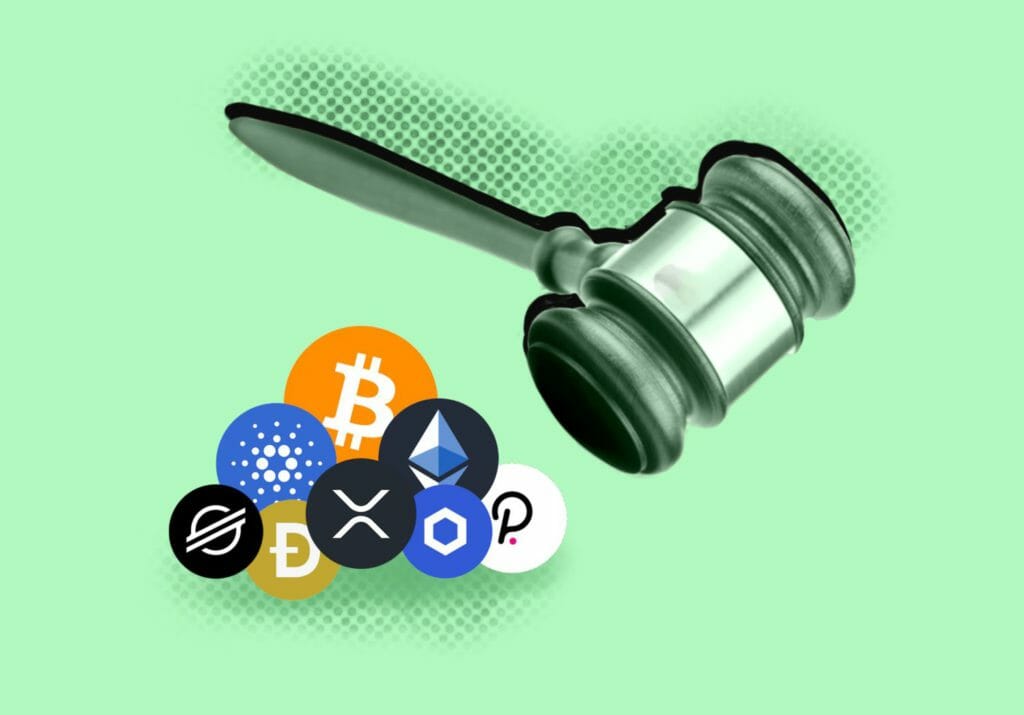
The cryptocurrency sector is a latecomer. Crypto companies have mostly eschewed interaction with Washington, with the exception of a few well-established trade groups and certain firms that saw the need of having a seat at the government table before it became painfully clear.
“There’s certainly an anti-centralized authority trend across the sector,” Whitehouse-Levine said, “and the United States government is the world’s biggest, baddest, centralised body.” “In the crypto industry, there’s just a natural resistance to engaging with it.”
A wave of politicians joining the crypto market
The Metaverse has been exploding while the real world was quarantined. What crypto is and why it’s important is becoming clearer, while the user experience of getting onboarded into this world has improved by orders of magnitude in comparison to only a few years ago.
We’re now seeing politicians follow the same crypto-collision path.This should be self-evident at this point in history. Many politicians should be competing to portray themselves as “crypto friendly.”
All this is due to the key reasons being :
The cryptocurrency sector is driven by a strong desire to succeed.
The cryptocurrency sector is incredibly well-funded.
A variety of work opportunities have arisen as a result of crypto.
Societies is now ready for crypto based economies.
Do central banks have reason to be afraid of Bitcoin or ‘cryptoization’.Fear was claimed to be present in some well-known banks.

The general public (or investors in general) has been increasingly aware with the concept of cryptocurrencies in recent years. Although the financial stigma surrounding Bitcoin and Ethereum is gradually dissipating, central banks and certain academics continue to oppose the concept of digital assets.
However, these central banks may be concerned about something other than investments at the moment, since attention is shifting to the currency-like qualities of digital tokens.
According to the International Monetary Fund’s recent Global Financial Stability Report, stablecoins were cited over 100 times, while Bitcoin and Ethereum were only mentioned 31 and 7 times, respectively.
One thing was evident from the report: central banks were unconcerned about investors making extra money on Bitcoin or yield farmers earning 1000 percent APY returns. The concept of “cryptoization” was causing them considerable concern.

Now, Satoshi Nakamoto may have anticipated cryptoization from Bitcoin. It can be defined as the concept of people preferring cryptocurrencies to their local money as a means of transaction. The use of Bitcoin or Ethereum as a MoE has fallen out of favour in recent years, but stablecoins were a different storey. These assets are tied to the US dollar at a 1:1 ratio and can hypothetically replace fiat currencies.
Also, the IMF might not like that concept since it shifts the financial storey to a decentralised media (although most stablecoins are controlled by a centralised entity). It deprives legacy institutions of power, making it more difficult to impose arbitrary limits on people and what they may do with their money.
Jack Dorsey Tweets ‘705742’ and Sets Crypto Twitter Abuzz
What does the number 705742 mean to Twitter.Inc CEO Jack Dorsey? Crypto Twitter would really like to know.
At 3:29 p.m. in New York on Tuesday, Dorsey tweeted the sole figure, leaving some onlookers nervously attempting to guess how it might be related to digital currencies.
“Block number?” one of the audience members inquired. That is the number of a Bitcoin block mined not long after the tweet, according to Blockchain.com. Still, there was no obvious explanation.
Dorsey has a habit of tweeting on the cryptocurrency market. He added in a thread last Friday that his company, Square Inc., would adopt a hardware wallet model and “develop in the open in partnership with the community.” In September, Twitter announced that users would be able to send and receive tips using Bitcoin.
But the question still remains, what it might mean?
Well here are some predictions:
Twitter users were quick to check the bitcoin block explorer to see if block 705742, which had yet to be mined, had anything strange about it. However, there was nothing unusual to be found.
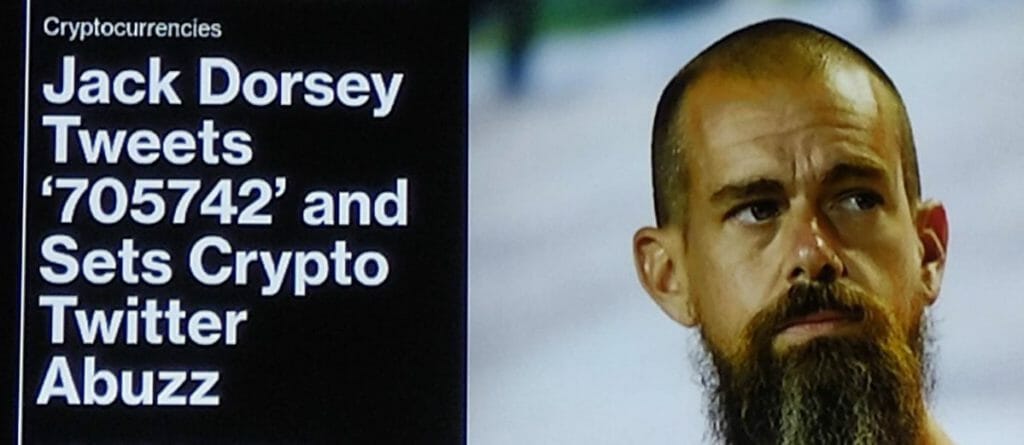
Others quipped that the number may be Dorsey’s “[end of year] bitcoin price target,” or that it could be related to “Moscow time,” which is bitcoin slang for the value of 1 USD in satoshis.
Further speculation on Reddit suggested that the block number could be the first to be mined via a new mining system advocated by Dorsey.
“Perhaps the first block that Square mined as part of their [research and development] for a prospective public mining platform,” the user speculated, before adding that the wallet that received the block reward seemed to have around USD 2 billion in inbound and outgoing transactions. The user commented, “Seems like a feasible volume for Square/Cashapp.”
The block in question, however, had 2,787 transactions and was mined by the BTC.com pool, according to different Bitcoin blockchain explorers. Furthermore, approximately an hour after the tweet was published, the block was mined.
In any case, as previously noted, Dorsey’s recent tweet came after a thread from last Friday in which he indicated Square is investigating constructing “a bitcoin mining system built on bespoke silicon and open source.”
Russian officials consider proposal to mine Bitcoin with associated gas
A new initiative to mine Bitcoin (BTC) with related petroleum gas is being considered by the Russian government.
Russia’s Deputy Minister of Industry and Trade, Vasiliy Shpak, is said to have submitted a proposal to the Russian central bank and the Ministry of Digital Development to mine cryptocurrency using the country’s oil field equipment.
According to Kommersant, the petition was filed on Sept. 7, requesting feedback from the government on an initiative that originated with local oil and gas businesses.
The companies proposed using related gas to power local Bitcoin mining data centres. This form of natural gas is a byproduct of oil drilling, but due to the prohibitively high cost of proper gas infrastructure, it is frequently squandered by flaring, which involves simply burning off the extra gas.
The Russian government has sought to lower emissions by reducing gas flaring, but has been unable to reach targets due to a lack of sufficient infrastructure.
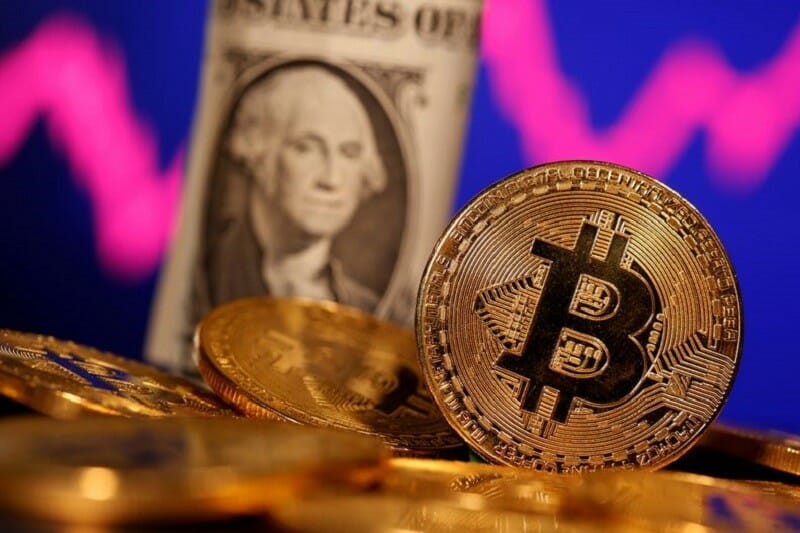
Through “hybrid modules of digital currency extraction,” Shpak allegedly remarked in the letter that using the gas for Bitcoin mining may potentially increase the efficiency of natural gas utilisation in thermal generation.
Last week, Russian President Vladimir Putin suggested that using cryptocurrencies to settle oil contracts was “a little early.” The president also acknowledged cryptocurrency’s potential for worldwide money transfers.
UK FCA goes to YouTube and TikTok to warn young investors about cryptocurrencies.
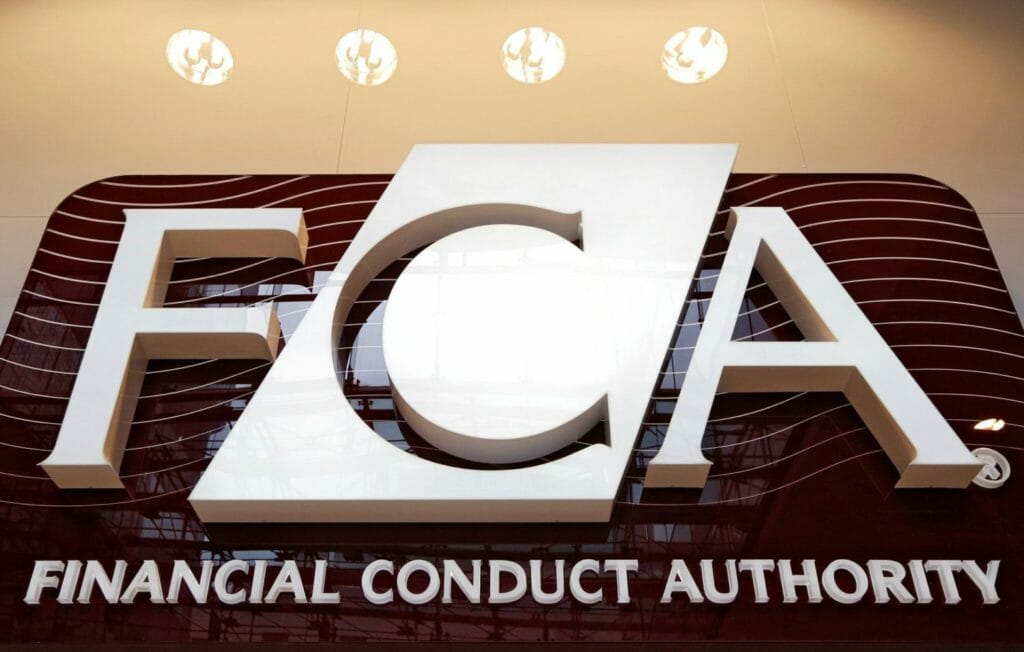
According to the UK authority, young people have the erroneous assumption that if their bitcoin investments go wrong, they will be bailed out. According to the regulator, these young individuals are being persuaded into buying high-risk products that aren’t right for them.
With the greatest available Isa savings rate of 0.86 percent and inflation expected to reach at least 5% by December, young people are desperately looking for a safe haven for their money.
The stock market, on the other hand, is a difficult area to invest for most young people. Third parties charge exorbitant fees for trades, but it’s also considered as a playground for the elderly, and it’s not an area that they’re interested in.
It could easily be argued that the stock market is a risky place for a young investor – after all, who would encourage a young person to spend their money in a market that is unquestionably nearing the all time high of its cycle?
When it comes to cryptocurrencies, there are undoubtedly several that are unsuitable for anyone, let alone young investors. The shame is that certain ‘meme’ coins that are nothing more than hype and air are attracting young investors, and it must be mentioned that they are among the cryptocurrencies that are given credence, particularly on TikTok.Nonetheless, there are ‘safer’ cryptocurrencies such as Bitcoin and Ethereum, as well as a number of others that, if the investor does their homework, have the potential to provide a high return on investment.
It is just not ethical to advise young British people to invest their money in underperforming products that are enmeshed in a traditional financial system on the verge of collapse.
It’s concerning that they’re using their funds to go after young investors on TikTok and YouTube. With the chair of the Securities and Exchange Commission, Gary Gensler, urging that young college students in the United States save their money, a huge shift in these organisations is urgently needed.
PancakeHunny was attacked by a flashloan, and its value dropped by 50%
Binance Smart Chain (BSC), an Ethereum competitor for DeFi protocols, has been the target of numerous flash loan attempts from the beginning of May 2021. The latest target is BurgerSwap, a DeFi protocol. On Friday, May 28, around 3 a.m., BurgerSwap launched a flash loan assault on BSC. According to the platform, the attackers made $7.2 million in losses in just 14 transactions.
PeckShield has issued a warning that PancakeHunny, the BSC DeFi protocol, has been targeted by quick loans, according to blockchain data. HUNNY’s price, in particular, dropped by up to 50% in a short period of time.

Over the last month, Binance Smart Chain has been a hotspot of attackers. Many hackers have taken advantage of DeFi protocols on BSC, with PancakeHunny being the most recent technique for self-targeting. The compromised transactions included 513 transfers and 19 million gallons of gas, with the ALPACA token being used in a substantial proportion of them.
Alpaca Finance is a fair launch project with no pre-sale, no investor, and no pre-mine.
PancakeHunny was also the victim of an attack not long ago. On 3rd June 2021 at 1:46 UTC. Hunny Minter Smart Contract has been mined using a smart contract. According to a preliminary report supplied by the project, the contract was “subsequently completed 91 times.”
Price manipulation was also evident in the HUNNY/BNB market, which fell from $0.31 to $0.16 as a result of price manipulation.
SUN.io Acquires JustSwap to Create The Largest Decentralized Exchange
JustSwap, TRON’s first token exchange protocol, and SUN.io, TRON’s first one-stop platform that incorporates stablecoin swap, token mining, and self-governance, have gained significant support and generated new rounds of mining hype since their launch as two essential components of the TRON DeFi ecosystem.
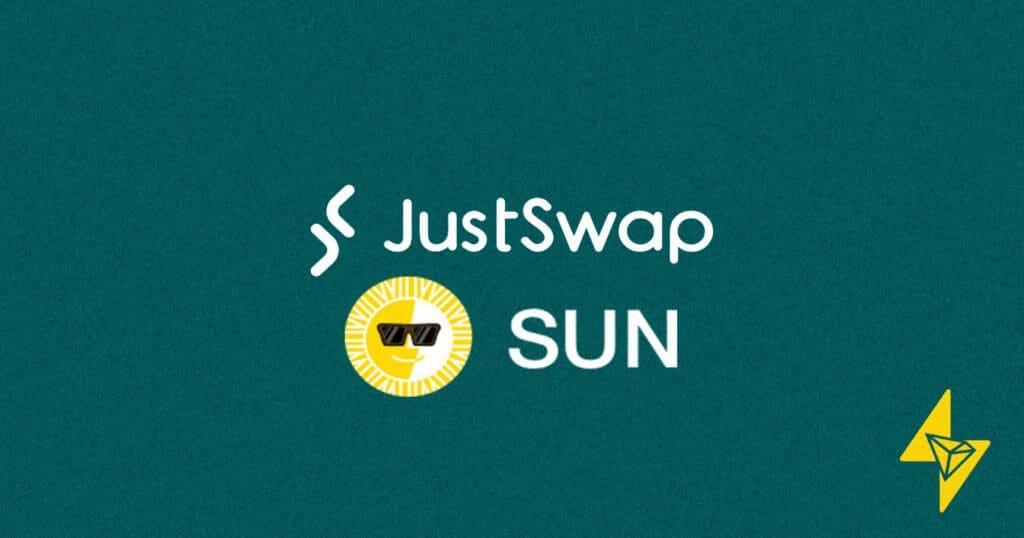
“We’re glad to announce that SUN.io has acquired JustSwap and was upgraded to the most prominent decentralized exchange in the TRON ecosystem” declared SUNSwap.
They added
“We will take steady steps in upgrading SUNSwap. In the initial stage, we’ve formulated the following roadmap.
Stage I: SUN.io acquires JustSwap to create SUNSwap, TRON’s largest decentralized exchange with the advantages of both sides. Meanwhile, the SUN token will be upgraded to be platform tokens of SUNSwap for governance purposes.
Stage II: Develop and build SUNSwap v1.5 to strengthen the properties of SUN token as a platform token, so that it can be widely used to reward liquidity providers and buyback tokens with revenue on the platform, etc. In addition, SUNSwap’s platform proceeds will also be used to buy back and burn SUN to boost the value of SUN tokens.
Stage III: Build SUNSwap V2.0 and improve the liquidity mining feature.
Stage IV: Build SUNSwap v2.5. Sun.io will integrate Sunswap.com, add an aggregation pool, and integrate the features of veSUN.
Ending it weith Phase V where they’ll fully introduce DEX multi-form trading mode and enable trading futures and other derivatives.”
In the future, the TRON DeFi ecosystem will continue to grow rapidly, forming a comprehensive industrial chain that encompasses lending, staking, asset management, trading, liquidity, and stablecoins, among other things, with JST and SUN serving as the ecosystem’s core tokens. TRON will benefit from SUNSwap’s addition to the product ecosystem. It will eventually reach full capacity and become TRON’s largest decentralised exchange.
Finally, they wanted to emphasise that they can’t progress without the active participation of every user and developer in the community. To take the initiative to the next level, all members of the community were encouraged to provide their thoughts. Members who make excellent contributions would also be eligible for SUN awards. Developers and liquidity providers were invited to contact them and participate in the platform dividends.
Read Yesterday’s news here.

